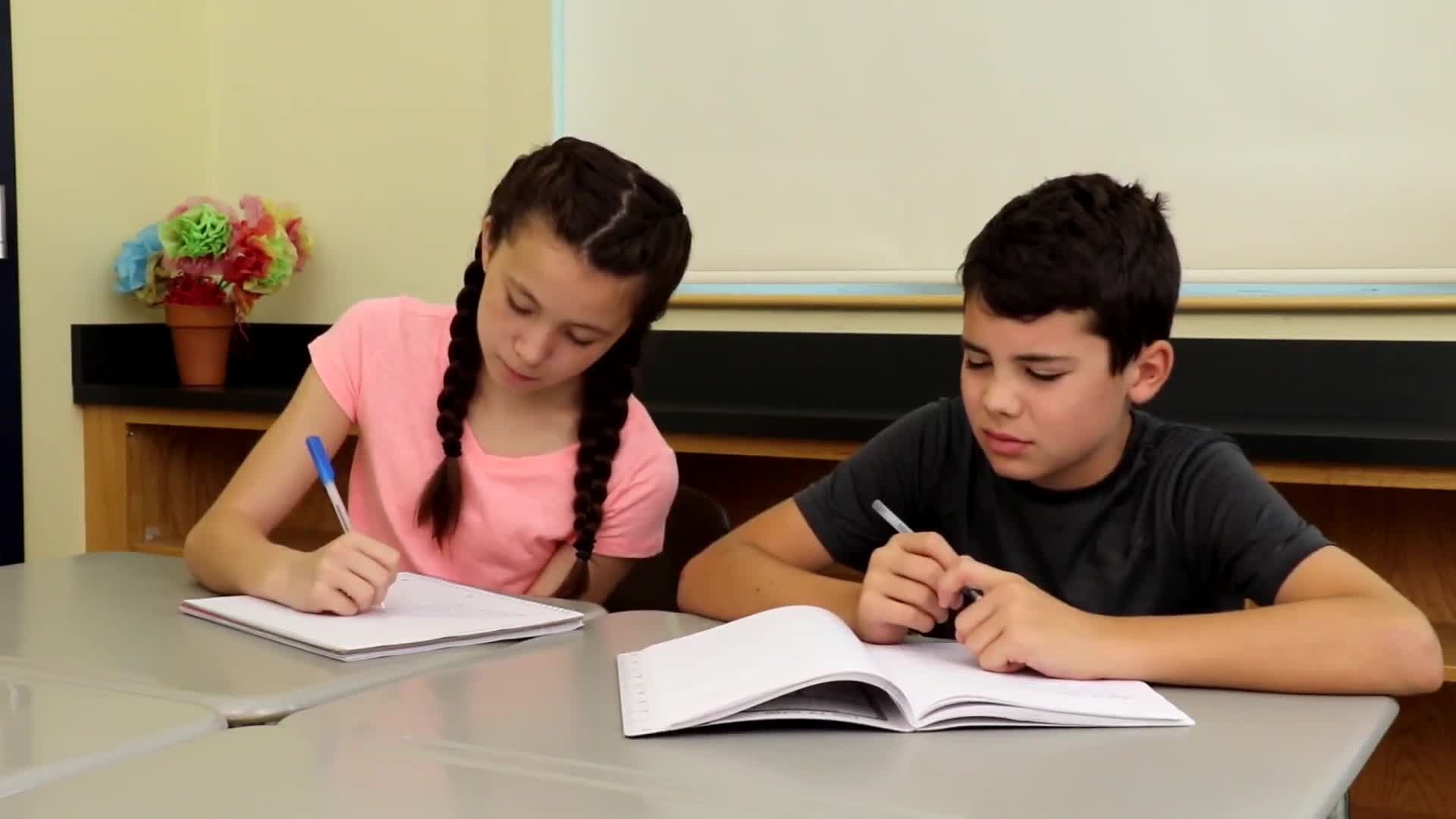
Introduction
Effective communication is a crucial life skill that every student should learn. For students in Special Education, understanding their emotions and communicating their needs can be particularly challenging. In this blog post, we will discuss an easy-to-implement activity that helps students practice expressing their feelings and seeking help when needed. Additionally, we will provide discussion questions and related skills to further enhance students’ social-emotional growth.
No-Prep Activity: Role-Play Scenarios
Role-playing is an excellent way for students to practice communication skills in a safe and structured environment. This activity requires no preparation or materials from the educator. Follow these steps to conduct a role-play activity:
- Divide the students into small groups or pairs.
- Provide each group with a scenario that requires them to communicate their feelings or needs. For example, one student is feeling unwell and needs to ask the teacher for permission to go to the nurse.
- Allow the students to take turns playing different roles, such as the student who is unwell, the teacher, and a supportive friend.
- After each role-play, encourage the students to share their experiences and discuss what they learned about effective communication.
Discussion Questions
After the role-play activity, use these questions to stimulate further discussion:
- Why is it important to communicate our feelings and needs to others?
- How did it feel to ask for help in the role-play scenario? What challenges did you face?
- What strategies can you use to express your feelings and needs more clearly?
- How can you support your classmates when they are struggling to communicate their feelings or needs?
- What other situations might require you to communicate your feelings and needs effectively?
Related Skills
Beyond effective communication, there are other related skills that can benefit students in Special Education:
- Empathy: Understanding and sharing the feelings of others can help students be more supportive and compassionate.
- Active Listening: Paying attention, asking questions, and showing interest in what others are saying can improve communication and relationships.
- Assertiveness: Expressing oneself confidently and respectfully can help students advocate for their needs and set boundaries.
- Conflict Resolution: Being able to address disagreements and find solutions can lead to healthier relationships and a more positive learning environment.
Next Steps
Now that you have learned about this no-prep activity and related skills, it’s time to put them into practice. To access free samples of materials that can support your students’ social-emotional learning, visit Everyday Speech sample materials. By incorporating these resources into your classroom, you can help your students develop the essential skills they need to navigate the world around them.

